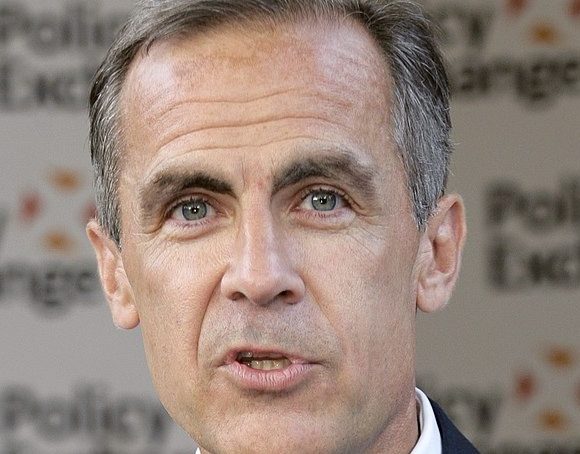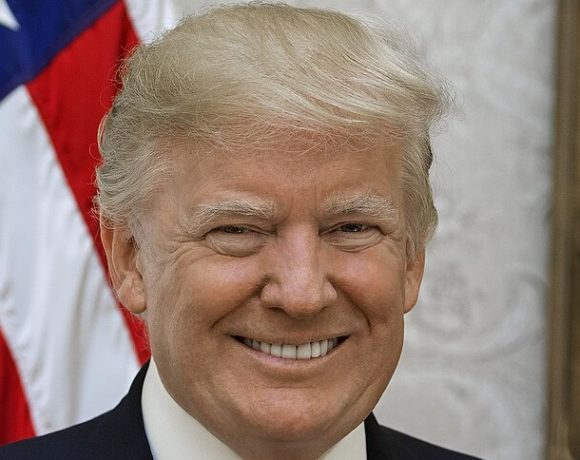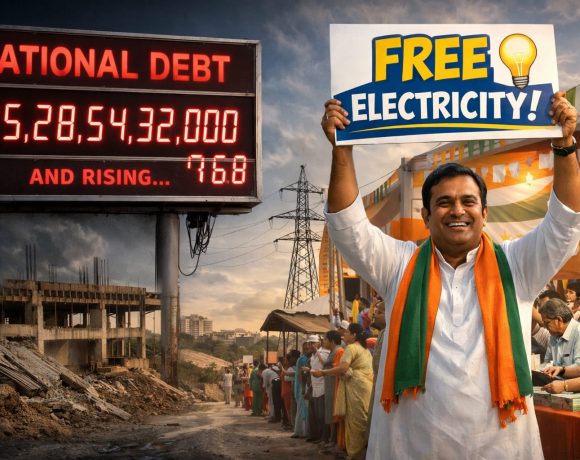
Gulf States Urge U.S. to Prevent Israeli Strikes on Iranian Oil Assets
Riyadh, Saudi Arabia: Several Gulf states, including Saudi Arabia, the United Arab Emirates (UAE), and Qatar, have reportedly urged the United States to dissuade Israel from launching any attacks on Iranian oil facilities, fearing potential retaliation on their own energy infrastructure by Tehran-backed forces.
According to sources cited by Reuters, these Gulf countries have made it clear to Washington that they will not permit Israel to use their airspace for any offensive operations against Iran. The appeal comes amid heightened tensions in the region, as Israel and Iran continue to exchange threats.
Iran Issues Stark Warning to Gulf States
Iran has warned Saudi Arabia that if it supports any Israeli attack, either directly or indirectly, it would be considered an act of war, according to a senior Iranian official and a diplomat. The warning follows concerns that Iran’s allies in Iraq and Yemen might launch retaliatory strikes on Saudi oil facilities, should the Kingdom offer any form of assistance to Israel.
Ali Shihabi, a Saudi expert close to the royal court, confirmed the warning, noting that Tehran has made it clear that opening Gulf airspace to Israel would trigger military responses targeting the region’s vital energy infrastructure.
Gulf States Seek U.S. Mediation to Avoid Escalation
The Gulf nations are engaged in discussions with both Washington and Tehran to prevent a regional conflict that could destabilize global oil supplies. The recent visit of Iran’s Foreign Minister to Riyadh, along with Saudi-American defense talks, is part of these diplomatic efforts, sources revealed.
One Gulf source close to the situation stated that senior officials have been in close communication with the U.S., expressing concerns over the possibility of Israel’s actions leading to a broader conflict.
Jonathan Panikoff, a former U.S. intelligence official now with the Atlantic Council, said, “The Gulf states’ anxiety is likely to be a key talking point in their interactions with Israeli officials, urging a carefully measured approach.”
Impact on Global Oil Supply
OPEC, led by Saudi Arabia, has sufficient spare capacity to compensate for potential disruptions in Iranian oil supplies. However, if Saudi Arabia or the UAE’s oil infrastructure were to be targeted in retaliation, it could have severe repercussions on global oil markets.
“The Gulf states are adamant about not allowing Israeli missiles or aircraft to pass through their airspace,” said a Gulf source familiar with the matter. “They hope to avoid any direct involvement that could place their energy facilities at risk of Iranian retaliation.”
As the situation unfolds, Gulf states continue to emphasize their stance of non-interference while engaging in diplomatic efforts to maintain regional stability and safeguard their critical energy assets.


















